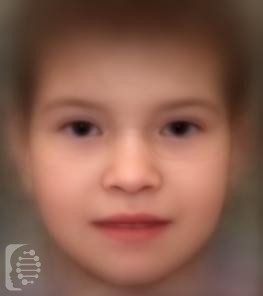What is 49,XXXXY syndrome?
49,XXXXY syndrome is a rare chromosomal condition that affects only males.
It is sometimes referred to as a variant of Klinefelter syndrome, but it affects individuals much more severely and varies in many ways in terms of the possible symptoms.
The main features of this syndrome include intellectual disability, infertility, birth defects, and unique facial features.
What gene change causes 49,XXXXY syndrome?
The condition is caused by the presence of 3 extra x chromosomes in affected males. It is not inherited.
It is believed to be the result of mosaicism.
Mosaicism occurs when an individual has some cells in their body with more or fewer chromosomes than the usual 46 and other cells with the usual 46 chromosomes. This can trigger issues that affect different systems and parts of the body.
what are the main symptoms of 49,XXXXY syndrome?
Symptoms may vary considerably between individuals with the syndrome.
Some of the main symptoms include intellectual disability and developmental delay.
Delayed growth is common and may present as early as in the uterus.
Birth defects are also common and may affect the heart, brain, bones, and kidneys.
Unique facial characteristics of the syndrome include short stature, short neck, folder ears, a protruding lower jaw, a large and flat nose with a turned-up tip, and wide-set eyes.
Infertility is also a main symptom of the syndrome.
How is it diagnosed?
To find out if someone has a diagnosis of 49,XXXXY syndrome, it is important to have a consultation and evaluation with a clinical genetic specialist. Specialists may also suggest specific genetic testing or other types of tests to help reach a diagnosis. FDNA’s AI technology can help speed up the diagnostic process by analyzing facial features and other health information.

